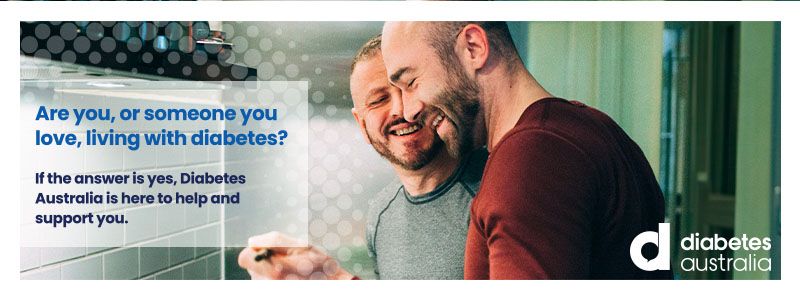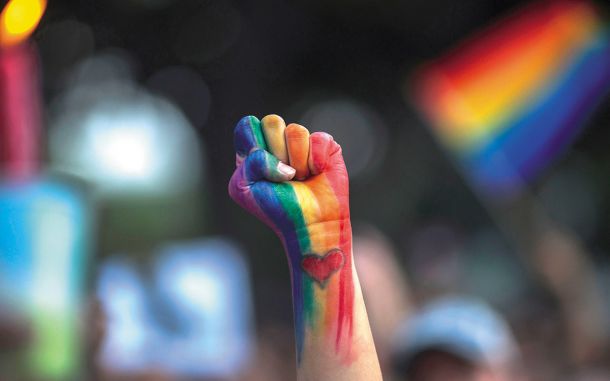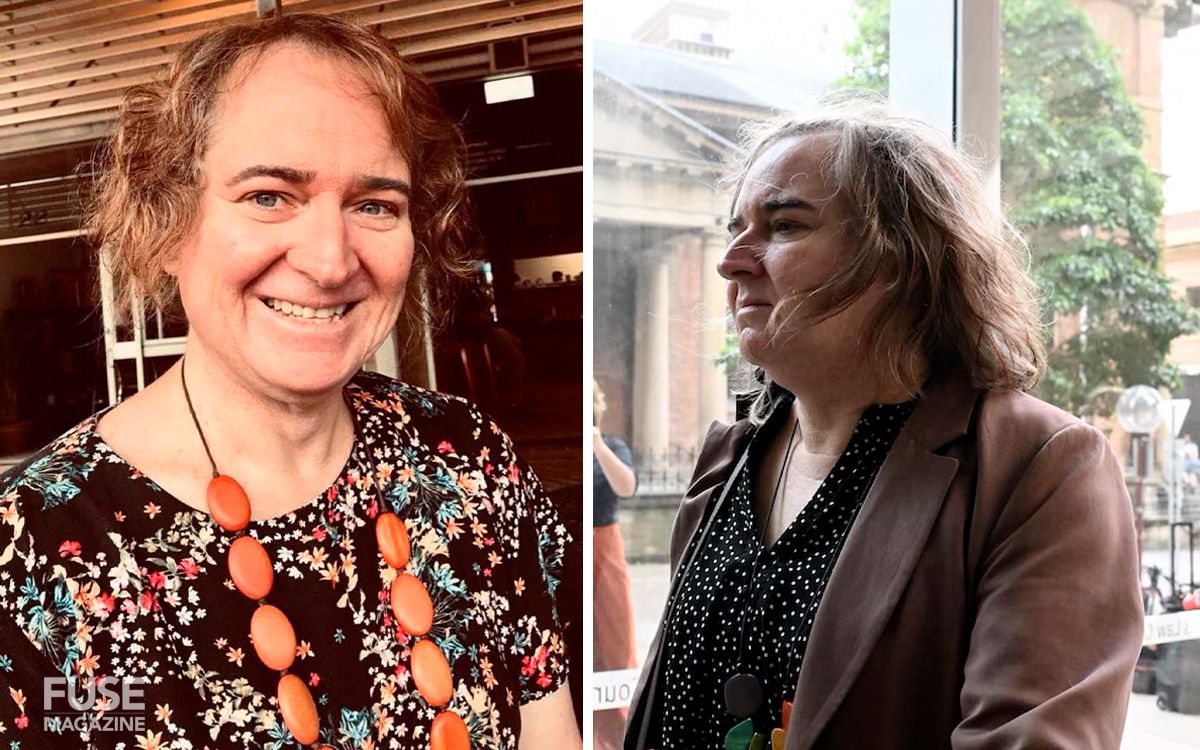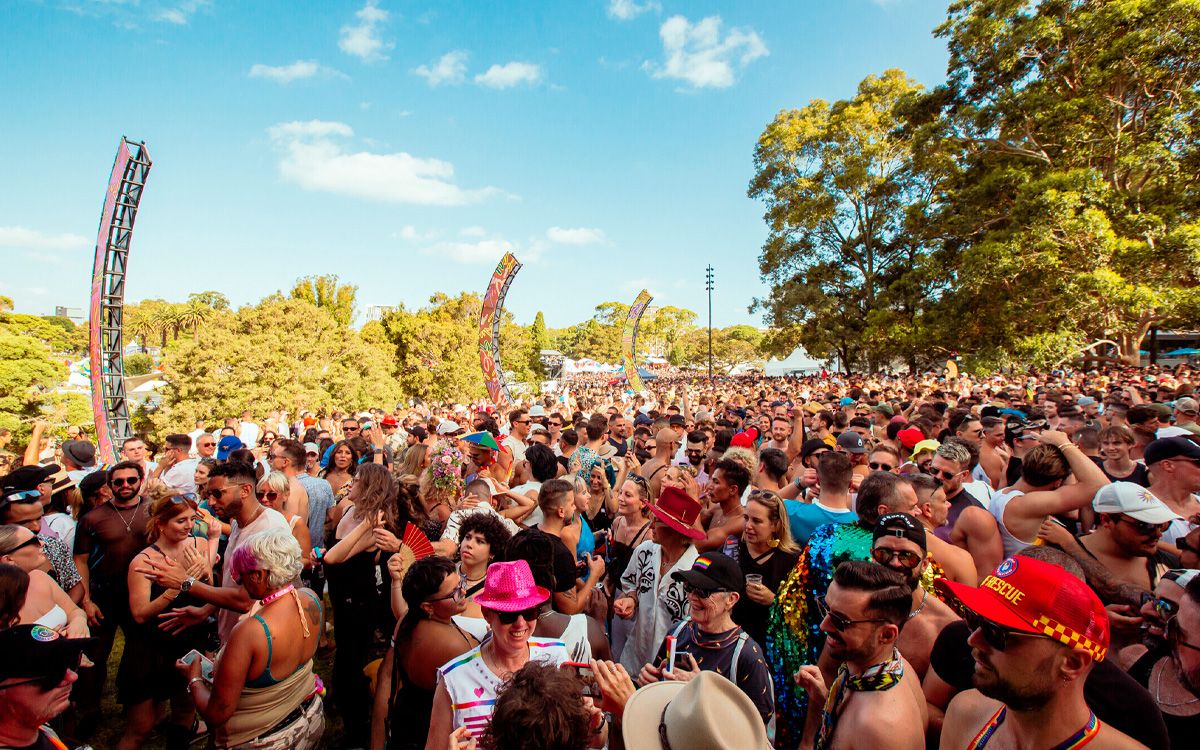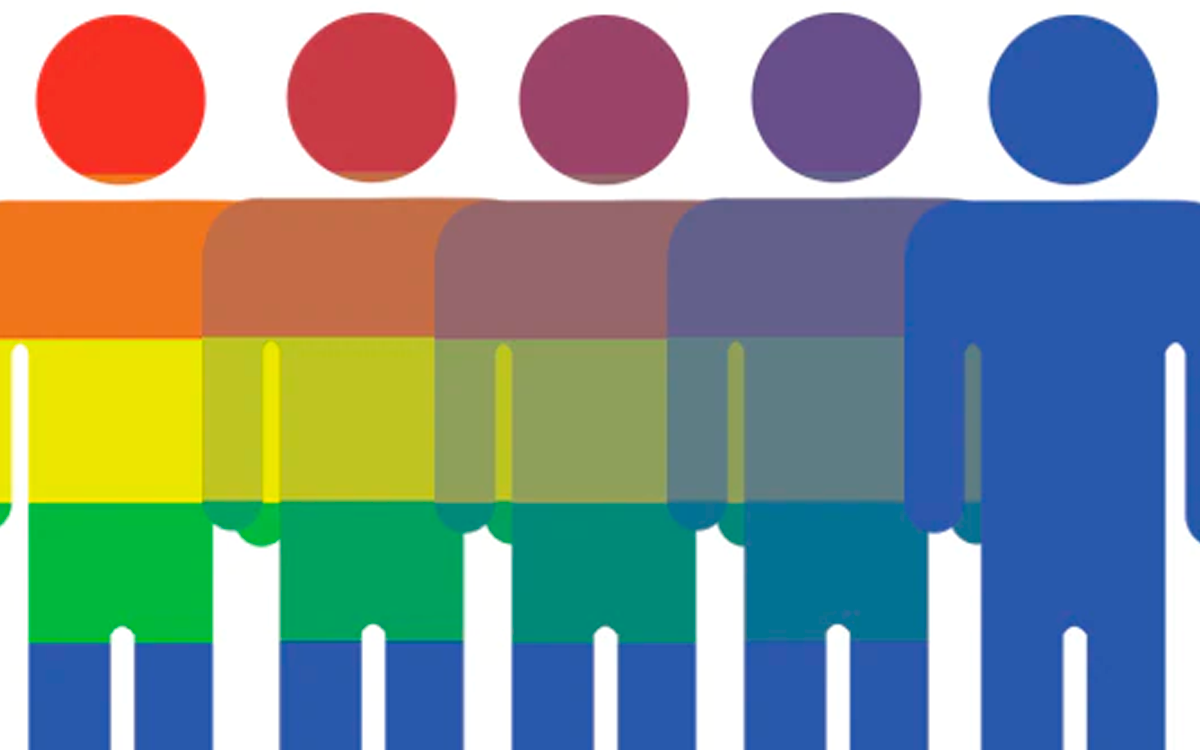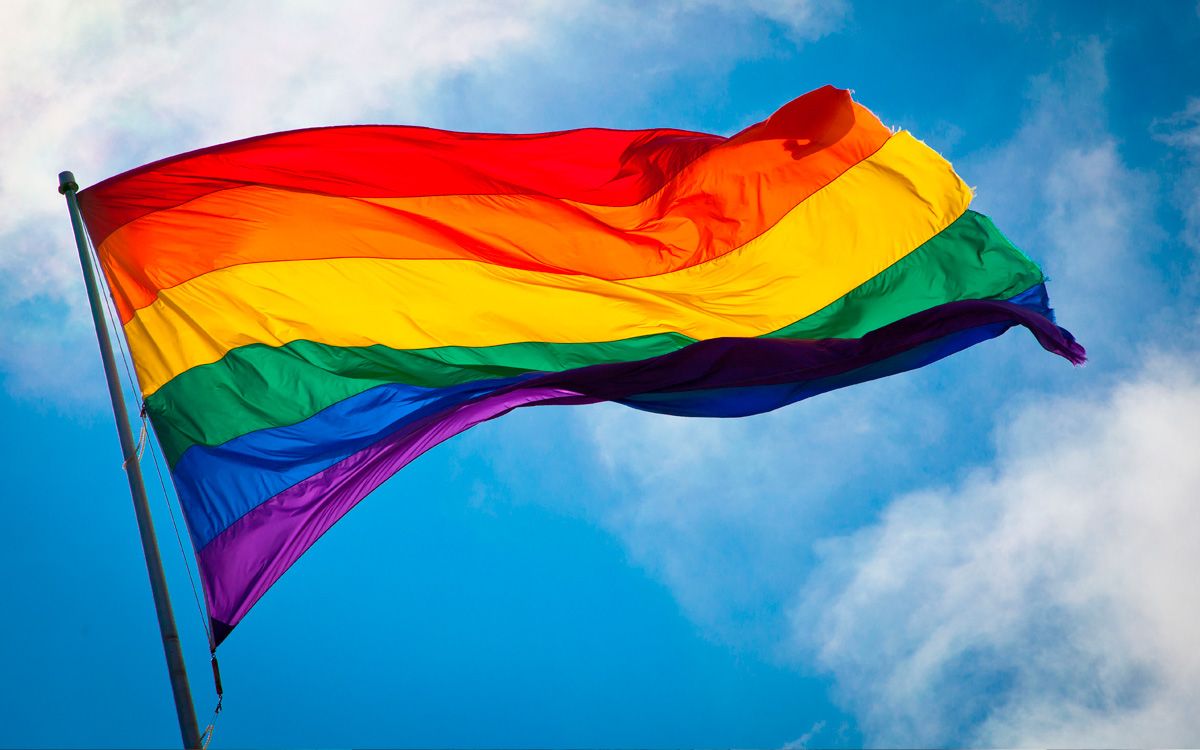- Home
- FUSE
- News
- Australian News
- Australians to vote 14 October 2023 on The Voice
Australians to vote 14 October 2023 on The Voice
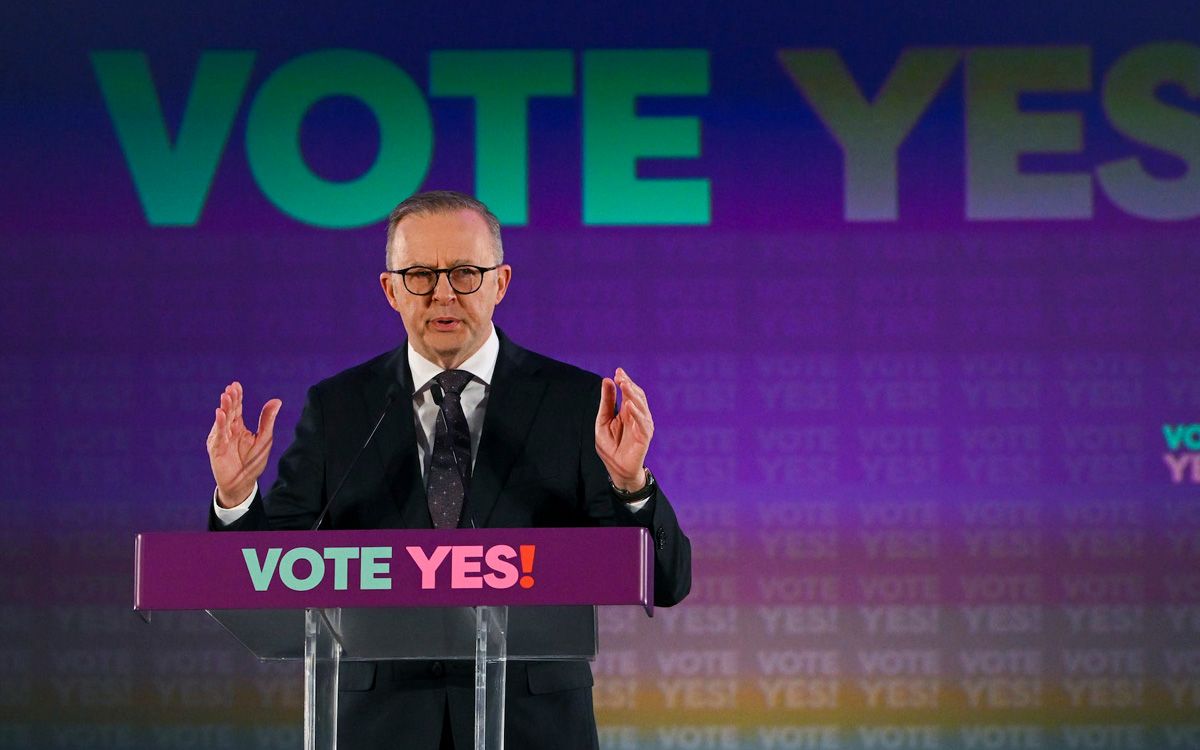
Prime Minister Anthony Albanese announced the long-anticipated date to an enthusiastic audience of about 400 in the Adelaide suburb of Elizabeth. He was accompanied by Minister for Indigenous Australians Linda Burney and Indigenous leaders of the “yes” campaign, including Megan Davis and Dean Parkin.
Albanese said this was a “once in a generation chance to bring our country together, and to change it for the better”.
“You are being asked to vote for an idea - to say yes to an idea whose time has come,” the Prime Minister said.
“To say Yes to an invitation that comes directly from Aboriginal and Torres Strait Islander people themselves.” He said the change was supported by more than 80% of Indigenous Australians.
“Recognition. Listening to advice. Parliament continuing as decision-maker. That’s the clear, positive, and practical request from Indigenous Australians. That is the hand out asking us, non-Indigenous Australia, to just grasp that hand of friendship, and that is what we can vote "yes” for.“
"Don’t close the door on an idea that came from Aboriginal and Torres Strait Islander people themselves, and don’t close the door on the next generation of Indigenous Australians.”
The Voice would be “a practical way of dealing with issues that, despite all the good intentions in this world, no Australian government has been able to get right before”, Albanese said, while conceding it would not fix all the problems overnight.
“October 14 is our time. It’s our chance. It’s a moment calling out to the best of our Australian character. For Aboriginal and Torres Strait Islander people this has been a marathon. For all of us, it is now a sprint.”
The “yes” case faces a formidable challenge, going into the formal campaign behind in the polls and requiring a double majority – a majority of states as well as a national majority – to win.
“No” led by 54-46% in a mid-August Resolve poll and by 47-43% in an early August Essential poll.
The choice of Adelaide to launch the campaign reflects the view that South Australia could be decisive in achieving the needed majority of states. South Australian Premier Peter Malinauskas told the rally the historic 1967 referendum had also been launched in Adelaide.
On the ballot paper, voters will be asked whether they approve a proposed law “to alter the Constitution to recognise the First Peoples of Australia by establishing an Aboriginal and Torres Strait Islander Voice”.
Voters are required to write YES or NO on the ballot paper. Y and No and ✓ will be counted where the voter’s intention is clear. X will not be counted.
If the referendum is carried a new chapter would go into the Constitution. It would say:
“In recognition of Aboriginal and Torres Strait Islander peoples as the First Peoples of Australia:
(i) there shall be a body, to be called the Aboriginal and Torres Strait Islander Voice;
(ii) the Aboriginal and Torres Strait Islander Voice may make representations to the Parliament and the Executive Government of the Commonwealth on matters relating to Aboriginal and Torres Strait Islander peoples;
(iii) the Parliament shall, subject to this Constitution, have power to make laws with respect to matters relating to the Aboriginal and Torres Strait Islander Voice, including its composition, functions, powers and procedures.”
Ahead of the referendum, the Australian Electoral Commission has recently announced enrolment has spiked. National enrolment is now estimated to be at 97.5%, with over 17.5 million Australians on the electoral roll.
Enrolment of young Australians is over 90% for the first time, and more First Nations Australians are enrolled than ever before, with enrolment at 94.1%, up from 80% in June 2022.
To boost electoral participation, the Special Minister of State, Don Farrell, has approved changes so that Australians can now use Medicare cards and Australian citizenship certificates to enrol, update their details, and have their say.
The government has also done things like extend mobile polling to enable the Australian Electoral Commission to provide an additional seven days of voting services to people living in remote communities, and provided extra funding to the AEC to improve Indigenous enrolment.![]()
Michelle Grattan, Professorial Fellow, University of Canberra. This article is republished from The Conversation under a Creative Commons license.
![]()


